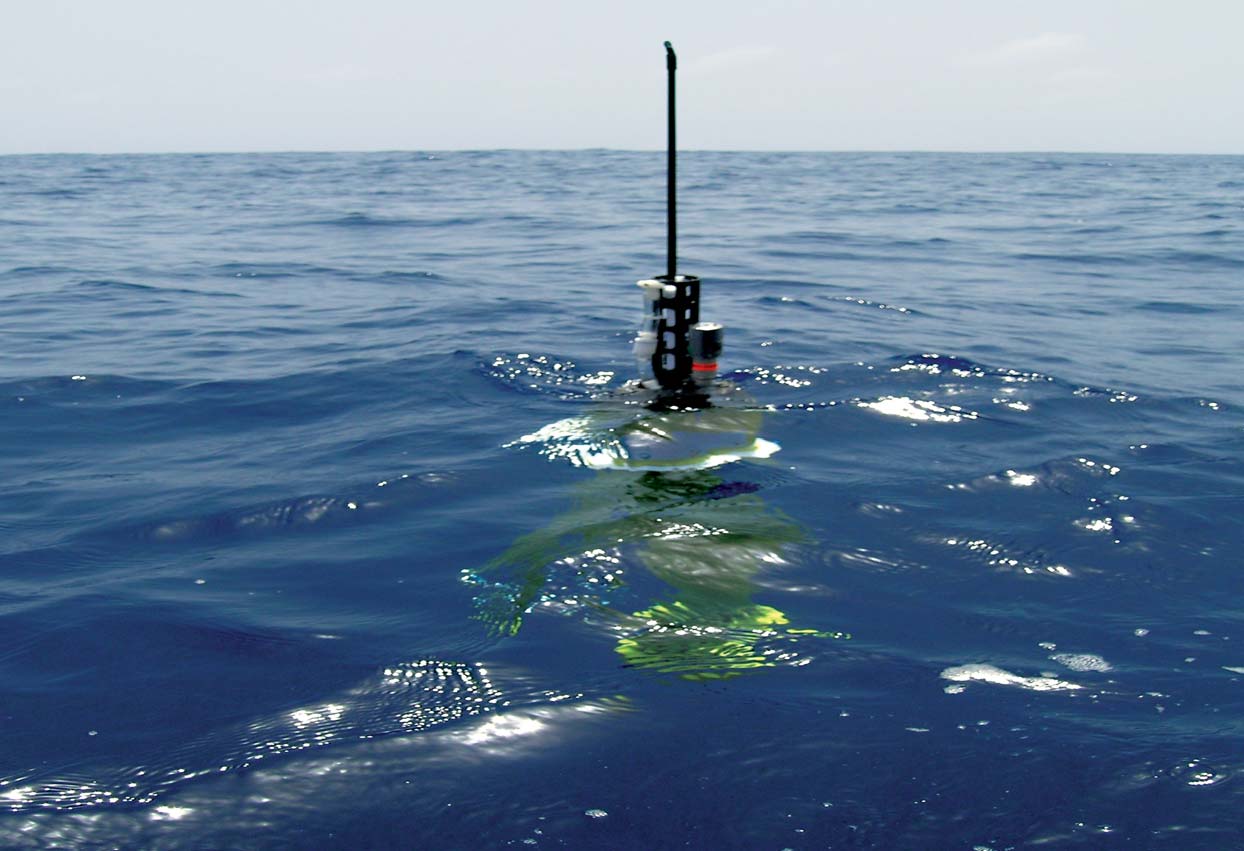
Measure changes
Sustainable ocean observations
About us
The Sustainable Ocean Observations Strategy Group acts as a focal point for the German ocean observation community with the aim of strengthening the national coordination of ocean observation efforts and connecting the large and heterogeneous group of institutions and individuals involved under a common umbrella.
Marine data collection in Germany is oriented towards scientific requirements, but also takes monitoring aspects into account. Such efforts are mainly funded at national level with contributions from European projects and initiatives. They are carried out by universities, research institutions such as Helmholtz, Leibniz or Senckenberg and federal authorities with significant financial and logistical support from federal ministries (BMBF, BMVI, BMWK, BMUV). One focus of the group is the coordination and integration of Germany's national observation strategies with European and global observation initiatives such as the Global Ocean Observing System (GOOS), as comprehensive and sustainable observation of the open ocean can only be achieved through joint, global efforts.
The strategy group addresses current and future observation needs and the associated technological challenges.
Goals
- Representation and contact point for German marine observation activities vis-à-vis national, European and international stakeholders;
- Promote the exchange of metadata and data from observation activities in national, European and international data centres and aggregators (e.g. Seadatanet, EMODnet, CMEMS);
- Support the integration of national observation activities and data into European and international Earth observation programmes (e.g. GCOS/GOOS, WMO, DOOS, BluePlanet) and thus strengthen their national and international visibility;
- Support science-driven research and development of innovative observation techniques, technologies and methods by the private and public sectors. This includes, among other things, the development of new sensors and autonomous vehicles;
- Strengthen the operation and provision of marine research infrastructures (e.g. appropriate platforms, vessels) in coastal and open ocean areas to provide permanent access for research projects and technology developments;
- Develop strategies and recommendations to improve, expand and optimise the data collection process as an important response to societal challenges due to changes in the climate and the Earth system as a whole, as well as the sustainable use of resources including biodiversity;
- Contribute to the development of strategic processes and roadmaps, including the identification and implementation of potential funding opportunities.







